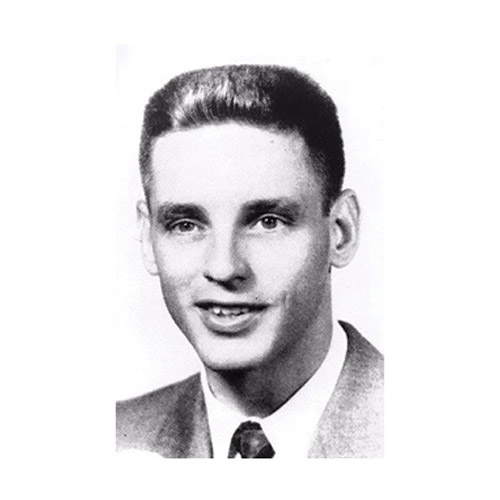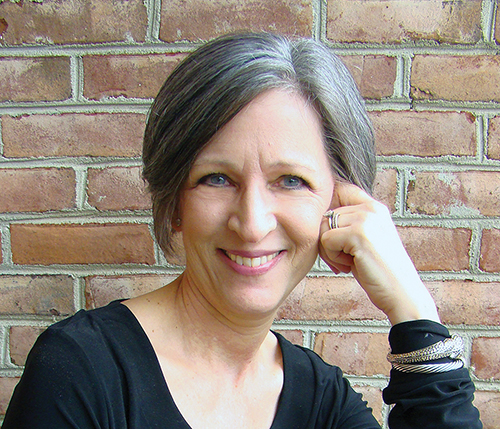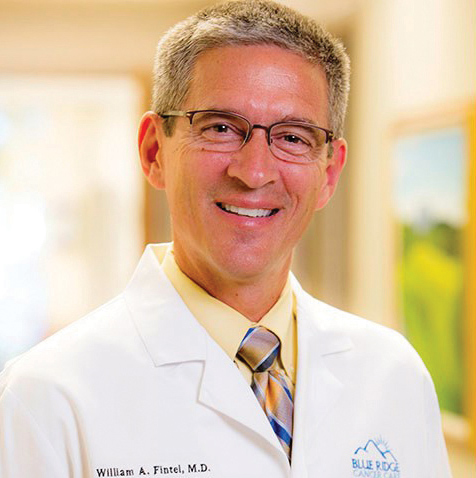
Fintel’s ideals for life of service took root at Wartburg
By Stephanie Boeding ’99
A series of fortunate events lined up to lead a Nebraska farm boy to Wartburg: winning an airplane in a lottery, stopping to meet a friend in Waverly, and a carefully placed college brochure. And for Norm Fintel ’51, the ideals of equality and peace that had been planted in his childhood grew at Wartburg into a legacy that would reach around the world. He would eventually serve as an influential president of Roanoke College in Virginia for 14 years, but his lifelong values are what most inspired daughter Barbara Fintel Collins to write a book about her father in Love, Norm: Dr. Norman Fintel on Equality and Courage in a World Calling for Change.
In 2016, Fintel was diagnosed with stage four lung cancer. For the 91-year-old non-smoker, the news was a shock, but during a nine-month remission he was on a mission to expand the book of life lessons he had been writing for his nine grandchildren. To finish the book, father and daughter recorded their conversations about his life and lessons. She also dug through hundreds of documents that Fintel had written on the themes of humankind, peace, love, and equality. “The book became a message of hope for the world and appealing to everyone to examine your life, see what your place to stand is, what your values are, and are you serving other people,” Collins said.
Taking a stand on equality started when Fintel was a 10-year-old farm boy in Nebraska. He noticed how skin color made a difference in how someone was treated, and it bothered him. Fintel would carry the deep significance of equality for all people with him throughout his life, and it would lead him to explore the work of the Lutheran church in Tanzania, where he lived in his later years.
A lottery prize and a carefully placed college brochure brought Fintel to Wartburg. “When he was 21, he entered a lottery in town and won an airplane and flying lessons,” said Collins. Once, when he was flying to Wisconsin to visit family, former high school coach Wilmut Freuhling (who was teaching psychology at Wartburg) invited Fintel to stop. Norm got a tour of the college, and Freuhling tucked an admissions brochure in the side of the plane. Within three months, Fintel traded in his plane for a Studebaker and drove from Nebraska to Waverly.
On campus, Fintel played three collegiate sports and was student body president as a senior. Tradition at that time required the campus leader to help recruit prospective students over the summer; Fintel’s success prompted the college to offer him the job as director of admissions and public relations just before graduation. He had planned to attend seminary like half of his graduating class of 110. “I thought about it for about 10 minutes and decided I did not have the call to the ministry,” Fintel recalls in the book. “I had graduated by noon on June 2, said goodbye to my family, and was in my new office preparing for work at 2 p.m.”
In 1958, with his wife, Jo, and three young children, Fintel headed to the University of Wisconsin-Madison for graduate school. When several synods of the Lutheran church merged into the American Lutheran Church in 1961, Fintel was in the ALC’s Twin Cities headquarters for several years, working with Lutheran colleges and universities. He earned his Ph.D. and in 1975 became president of Roanoke College.
The Wartburg connection continued in the next generation, too. His son, Bill Fintel ’79, is now medical director at Carilion Clinic Hematology-Oncology in Roanoke, Virginia. Both father and son were recognized by Wartburg for their work: Norm received an honorary doctorate in 1985, and Bill received the college’s Graven Award in 2002.
The book captures the essence of a man who had an airplane’s view of humanity and used his life to help others see the world that way. After Fintel died in 2017, Collins finished the book, which is available for purchase on Amazon.
“He was such a humble man, that he never really shared his feelings — a stoic German, that deep Lutheran, reserved,” Collins said of her father. “And the themes that ran through him since his childhood. I think he was too humble to think he had something big to say.”



